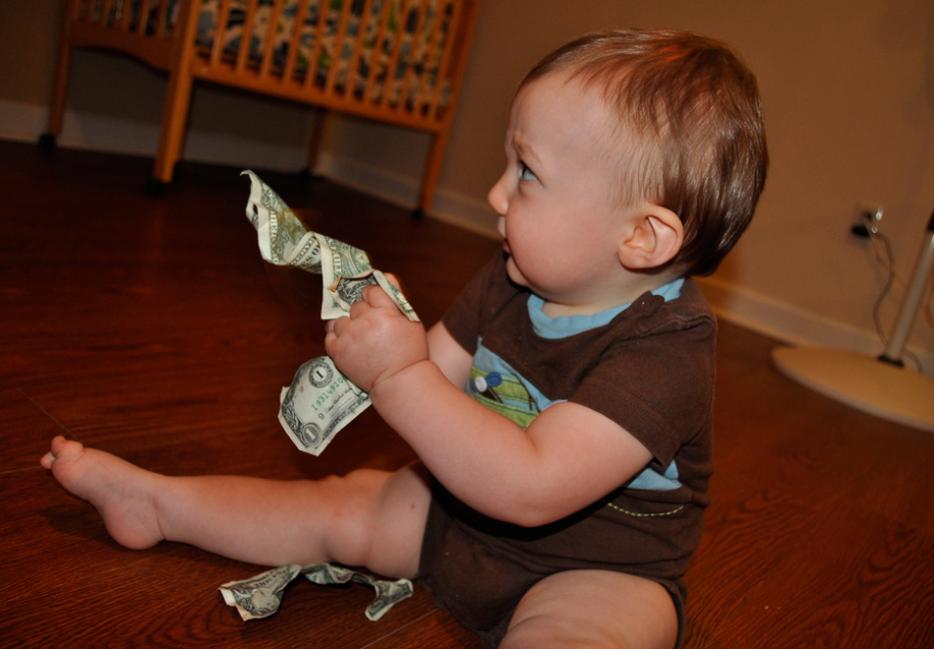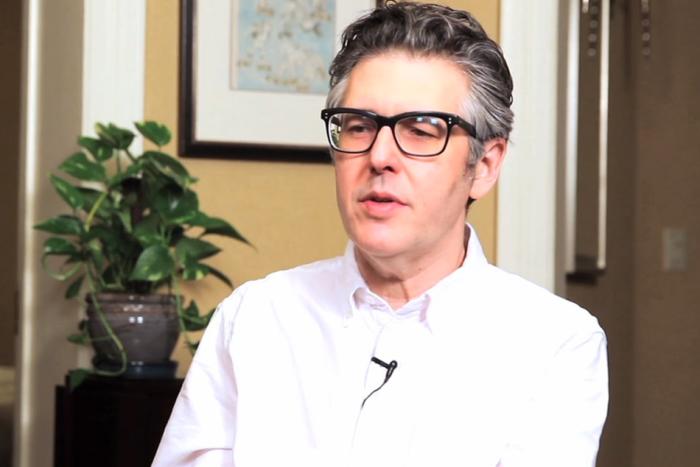Even before the current crisis, Egypt had a problem: it has long been a populous nation with an iffy economy. Mubarak was all about cajoling Egyptians into having fewer children; in the 1990s, state television ran ads with slogans like “Before you have another baby, secure its needs.” And since the 1960s, Egypt’s birth rates have declined, aside from a spike in 2012.
A new study in the journal Demography, conducted by a team of researchers from Atlanta’s Emory University, the University of Chicago, and John Hopkins University, examines childrearing from an “investment” perspective. The research for this article was completed before the 2012 spike in Egypt’s birth rate, but the question they ask is still relevant: What makes people put resources into their children, and will they get the return on this investment that they expect?
The researchers cite a 1978 study of North Africa that remarks, “descendants are the most valuable protection that a couple can have against destitution in old age.” In the literature on the subject of intergenerational wealth flow, when children give their parents money, it’s called an “upwards transfer.” The traditional expectation in Egypt is that as parents age, their children will transfer both money and assistance to them—children will take aging parents into their own homes, financially support them, cook and clean for them, and generally help them with the daily tasks of living.
However, as countries modernize, the “upwards transfer” starts happening less and less. Parents put more energy into a smaller number of children and get less in return
Fewer jobs, more children over thirty living with their parents, more labour migration, and increasing numbers of women working outside the home have tended to lead to the same result: children have become a shittier investment.
For this study, the researchers interviewed 1,053 parents of adult children (491 men, 562 women) from one rural and one urban district of Ismailia. They were on average in their 60s, with low levels of schooling—most had completed only two or three grades. On average, each respondent had no less than two daughters and two sons living (many had deceased children; the number of children ever born to them was around 6.4).
The parents answered a bunch of questions like: Do you give gifts or money to at least one child regularly? Does at least one child still live in your home (which you own)? Is one of your children a major source of your income? Do you provide child-care for any of your grandchildren?
Of the parents in this study, 68 percent had given gifts or money to one or more of their children in the preceding year, and 66 percent had adult children still living with them. Half provided childcare for their grandchildren.
And what do these parents get in return? The researchers remark, “Parents were not receiving returns from children on a comparable scale.” Less than a quarter of these parents relied on one or more of their children as a major source of income, and just over a third had gotten any presents or cash from their kids. Some 40 percent did get a little help around the house, so that’s something.
Money spent on children’s education didn’t seem to yield any particular returns for parents, although these parents had invested money, time, or encouragement enough that their sons had achieved an average of 10.6 grades and their daughters 9.7 grades. Investing in their marriage ceremonies also didn’t pan out that well, since marriage tended to lead to grandchildren, which led to more unpaid labour for grandparents and less time for their children to help them out with their cooking and cleaning.
It seems reasonably clear that children are more trouble than they’re worth. But this isn’t how parents see it.
Egyptian parents didn’t report any real dissatisfaction with the low returns on their investments in their children. Apparently if you visit them once in a while, all is forgiven—and actually, 58 percent reported that one or more of their children visited them every day, which makes me feel guilty. The researchers reported that “[t]here is indirect evidence that parents were satisfied, which would imply that Egyptian parents of the transition generation do feel that investments in their children paid off.” If there’s one thing you can mostly count on your parents for, it’s not noticing that you totally take them for granted.
Studies Show runs every Thursday.
--
Find Hazlitt on Facebook / Follow us on Twitter
Photo by Brad Chaffee via Flickr






